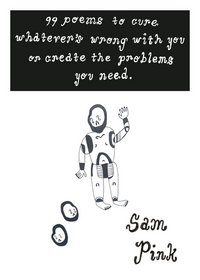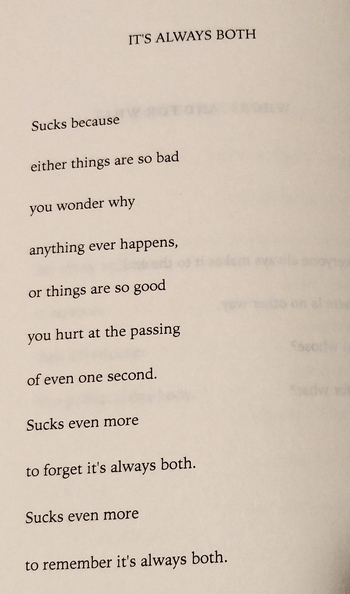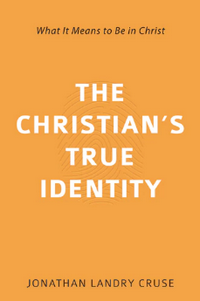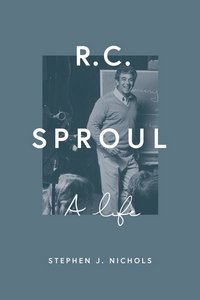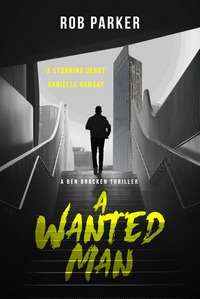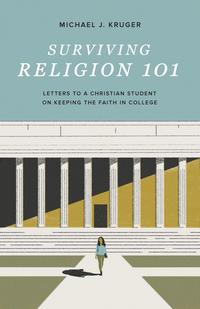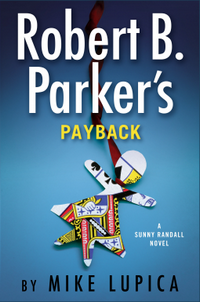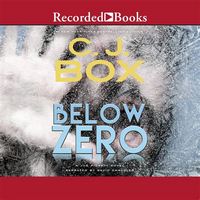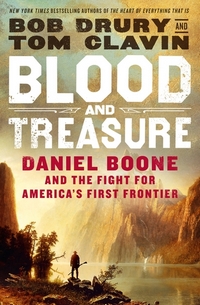
Jack’s father goes missing but turns up dead in a warehouse at Manchester Airport. Shot. Who has access to firearms here in the UK? Farmers, the police, and organised crime. I can’t picture an angry pig farmer losing his shit and heading to Manchester Airport to clip someone. Nor can I especially imagine a police officer doing the same thing, although stranger things have happened. And that leaves the last one. Organised crime.
What’s A Wanted Man About?
Ben Bracken was sent to prison not that long ago, but just walked out a free man—although he wasn’t actually released (nor was he scheduled to be). He has some “insurance” to keep him from having to go back and had a little cash set aside for when he was out of prison.
His plan is to get his cash, secure his insurance policy and head off to London to get revenge on the man who got him sent to prison. But before he can do that, his friend Jack has a problem. Jack’s father was just murdered and he doesn’t see the police—or his father’s criminal associates—doing that much to find the killer. Would Ben help? Sure—especially because Jack’s also in danger as long as the killer is out there.
Before Ben can enjoy his first beer in years, he’s set on a path that will lead him to going up against two crime syndicates, and decades of history, just to get Jack both the answers and safety he needs.
A Little About Ben
But… I feel a nagging. That familiar tug of duty. I carry it everywhere with me even now, bound by it, cajoled by my gratitude to Jack…
My problem is compounded by my brittle, unique moral compass. My idea of good and bad is very black and white, with great streaks of grey smeared straight across the borders between the two– the zone in which I have been known to take matters into my own hands. Those grey areas demand I owe Jack some assistance, even if it is outside of my self-imposed remit.
Ben Bracken is yet another soldier who’s having a hard time adjusting to society after years of active duty (see also Jack Reacher, Peter Ash, John Rambo, and a couple of other characters whose names slipped my mind as I got to this point), but his sense of duty kept him trying to do good. His early attempts were less than successful, landing him in prison. Now that he’s released, he’s going to resume his quest (you can practically see him sporting Joe Pike’s tattoos—as well as living them out). Sure, he had another initial target in mind, but Jack’s situation fit his mission, so he’s able to delay his own plan and help Jack out.
But basically, you get the idea that he’s going to be another of the modern wandering samurai hero—like Reacher and Ash—just with a different kind of baggage. Namely, being an escaped prisoner in a country where the kind of weapons Reacher and Ash seem to have a steady supply of aren’t that readily available. It’s a fresh version of that character type, and I’m more than interested.
There’s more than just his criminal past to separate him from the typical wandering warrior. He’s not a technophobe, actually, he’s fairly capable when it comes to the basics of technology (once someone explains what Siri is and how to use it), but he’s not a whiz. He has a sense of humor, but he’s not cracking jokes all the time—and to say that he has issues with women is understating it, but he’ll likely move on from those.
I was pretty much sold on Ben early on, and was invested in the story—but at one point, we get this line:
I whistle a little (surprised to find my ‘go to’ whistling tune is Somewhere Over The Rainbow), and drop my pocket change noisily onto the dresser.
and I knew I liked Ben, and was probably going to be buying a few more books.
Parker’s Writing
The actual writing involved in a book is something I always think about, always take into consideration when rating a book—but it’s the thing I have the hardest part discussing. Something about Parker’s work here made me want to try it.
There’s a lot of this book that comes across as a pretty standard indie thriller. That’s not a judgment, it’s just a description. In many indie thrillers, there are repeated sections that make me wince (including novels that I like). A Wanted Man has none of those—quite the opposite, he has several sections that are just wonderful.
He can sum up a character in a few words—
The curious obsessive-compulsive aspect of this guy, which, twinned with the seemingly bottomless battery of his energy, gives his personality an almost pathological slant.
His precise, measured way of speaking seems pulled from the pages of a book, exactly how you’d picture someone of his generation learning a foreign language.
I had a few more examples in my notes, but this post is getting too long.
His ability to capture a scene or a room is even better:
I leave the motorway networks as the daylight fades and trundle through the bleak stone township of Glossop, as wild hills begin to sprout out either side of the settlement. I know where I am going, and follow the ‘V’ in the horizon where two hills meet and a road carves through: Snake Pass. Suddenly, the buildings and pavements disappear, and I’m out in the open, rolling through a picture-book patchwork of varying landscapes: undulating rugged grasslands, steep canyon drop-offs, vast forests of tall firs, and a softly lapping reservoir. You could be lost out here, but still feel in touch with the gods. It’s Lord of the Rings country, Tolkien’s inspiration. It’s Britain at its most beautiful, most powerful, most respectful.
Ben and Jack visit a floating restaurant and I could almost think I’d been there.
Sure, some of his descriptions are a bit much—I didn’t need that much detail about one man’s behavior at a urinal. No one does. But thankfully, those are few and far between (but, sure, I have a crystal clear vision of what happened there).
One more example of how good Parker can be, and then I’ll move on. At one point, Bracken visits the house he grew up in. I read the two paragraphs as he left a few times, they were just that good (and hopefully out of context you can tell that)
I walk down the path to the scuffed, mucky pavement. The gum on the concrete beneath my shoes, some of it is undoubtedly mine. My DNA lies at my feet, inseparable from my town, my past. That DNA is now the only evidence I was ever here. Thirty years of love, life, family– all reduced to a dirty bit of gum on an old pavement.
This will steel me. Toughen me. It has to. Because this would, could, should break a lesser man.
So, What Did I Think About A Wanted Man?
There’s a very “pilot episode” feel to this one—the focus is on introducing Ben Bracken, his world, his situation, and his mission. The actual story seems of secondary importance. Maybe I’m being too harsh—I likely am, but that was the impression I got.
The Epilogue shows that this isn’t just going to be a series about Ben’s quest for vengeance—there’s something else going on. Now Ben just out to get revenge on the man who sent him to prison would probably be worth sticking around to watch. But Ben doing that and the stuff from the Epilogue? Now, that’s a winning combination.
Do I recommend this? Absolutely. A great character, a compelling direction for the series, and some strong writing make up for a story that seems pretty boilerplate (but a good boilerplate, don’t get me wrong). I’m coming back for more soon, and can see these books becoming a favorite.

This post contains an affiliate link. If you purchase from it, I will get a small commission at no additional cost to you. As always, opinions are my own.

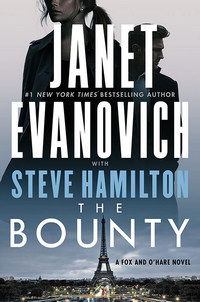

![]()




